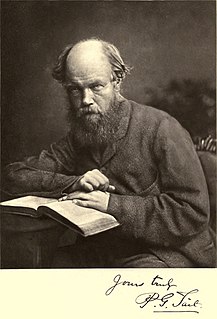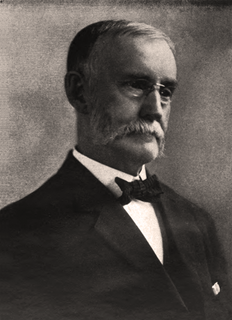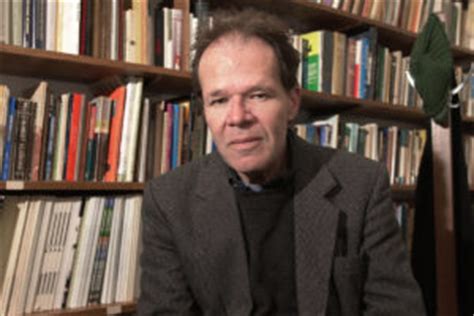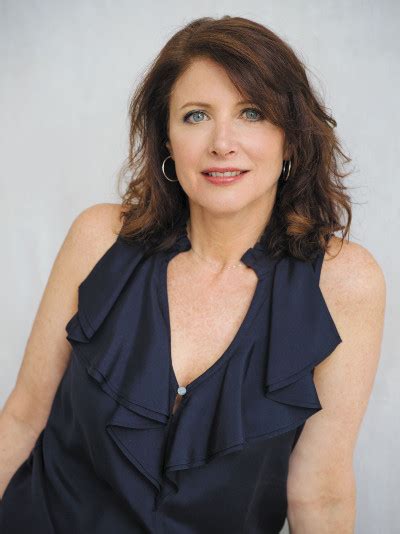A Quote by Peter Tait
[Examiners] spend their lives in discovering which pages of a text-book a man ought to read and which will not be likely to 'pay'.
Related Quotes
[If a book were] very innocent, and one which might be confided to the reason of any man; not likely to be much read if let alone, but if persecuted, it will be generally read. Every man in the United States will think it a duty to buy a copy, in vindication of his right to buy and to read what he pleases.
You will want a book which contains not man's thoughts, but God's - not a book that may amuse you, but a book that can save you - not even a book that can instruct you, but a book on which you can venture an eternity - not only a book which can give relief to your spirit, but redemption to your soul - a book which contains salvation, and conveys it to you, one which shall at once be the Saviour's book and the sinner's.
There is only one way to read, which is to browse in libraries and bookshops, picking up books that attract you, reading only those, dropping them when they bore you, skipping the parts that drag-and never, never reading anything because you feel you ought, or because it is part of a trend or a movement. Remember that the book which bores you when you are twenty or thirty will open doors for you when you are forty or fifty-and vise versa. Don’t read a book out of its right time for you.
A devotional book, which takes a Scripture text, and so opens it for us in the morning - that all day long it helps us to live, becoming a true lamp to our feet, and a staff to lean upon when the way is rough - is the very best devotional help we can possibly have. What we need in a devotional book which will bless our lives - is the application of the great teachings of Scripture - to common, daily, practical life.
I used to comfort myself with the idea of a book with serrated, detachable pages, so that you could read the thing the way it came and then shuffle the pages, like a giant deck of cards, and read the book in an entirely different order. It would be a different book, wouldn't it? It would be one of infinite books.
I opposed the Fatwa against Salman Rushdie. I read the book and took a critical distance. I did not think The Satanic Verses is a blasphemous book. I did not consider the book as being a great read, but as an intellectual I read, I assess, and I respond. I make a difference between true freedom of expression to which we owe a response and provocation, which we ignore.
A truly good book attracts very little favor to itself. It is so true that it teaches me better than to read it. I must soon lay it down and commence living on its hint. When I read an indifferent book, it seems the best thing I can do, but the inspiring volume hardly leaves me leisure to finish its latter pages. It is slipping out of my fingers while I read. It creates no atmosphere in which it may be perused, but one in which its teachings may be practiced. It confers on me such wealth that I lay it down with regret. What I began by reading I must finish by acting.
If a book has a predictable storyline or familiar situations, there's little satisfaction for me in writing it. A woman deciding which man she'll spend her life with? I've read that story a million times, but a stepmother deciding which of her children she'll save in a freak accident? Now that's a challenge.
The hypotheses which we accept ought to explain phenomena which we have observed. But they ought to do more than this; our hypotheses ought to foretell phenomena which have not yet been observed; ... because if the rule prevails, it includes all cases; and will determine them all, if we can only calculate its real consequences. Hence it will predict the results of new combinations, as well as explain the appearances which have occurred in old ones. And that it does this with certainty and correctness, is one mode in which the hypothesis is to be verified as right and useful.
Literature is not exhaustible, for the sufficient and simple reason that a single book is not. A book is not an isolated entity: it is a narration, an axis of innumerable narrations. One literature differs from another, either before or after it, not so much because of the text as for the manner in which it is read.




































